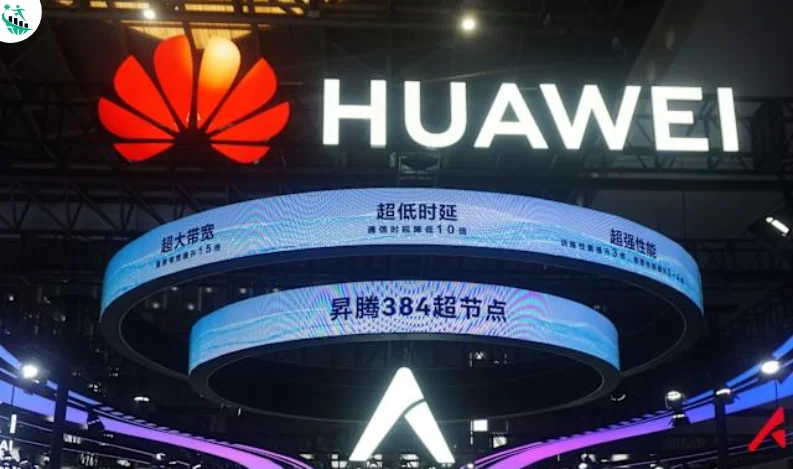
Nvidia Meets Growing Competition as Huawei Shows Off AI Supercluster
Beijing: American chipmaker Nvidia admitted Thursday that the competition in artificial intelligence computing has "undeniably arrived" as Chinese technology giant Huawei launched its most ambitious AI cluster yet.
At its annual Huawei Connect event in Shanghai, the company unveiled plans for the Atlas 950 SuperCluster, which will integrate more than 500,000 of Huawei’s in-house Ascend chips. The system, scheduled for launch in 2026, builds on Huawei’s strategy of using large clusters of domestically produced processors to offset U.S. restrictions on advanced semiconductors.
Huawei stated its fresh Atlas 950 supernode would host 8,192 Ascend chips, while a 2027 refresh, the Atlas 960, would accommodate over 15,000 chips per node, pushing the supercluster above one million chips. Vice Chairman Eric Xu asserted the new system would offer 6.7 times the computing performance of Nvidia's NVL144, which is set to launch next year, and 30% more than Elon Musk's xAI Colossus supercomputer.
While analysts caution that Huawei may be overstating its technical edge, experts agree its ambitions to become a world leader in AI cannot be overlooked. “Huawei’s push comes at a time when China is emphasizing self-reliance in chip technologies,” said George Chen, partner at The Asia Group.
Research firm SemiAnalysis previously found that Huawei’s CloudMatrix system could outperform Nvidia setups despite each Ascend chip offering only one-third of an Nvidia processor’s performance, by scaling with a far greater number of chips.
Huawei has already deployed more than 300 Atlas 900 A3 supernodes to 20 customers across telecoms, manufacturing, and other industries.
The statement puts additional pressure on Nvidia, which is already in trouble in China. This week, Beijing extended an antitrust investigation into the U.S. chipmaker and allegedly ordered domestic companies to suspend testing and buying its RTX Pro 6000D chip. Nvidia shares fell over 2% after the report.
CEO Jensen Huang has previously described Huawei as a “formidable competitor.” With China’s government backing domestic alternatives, Huawei’s latest supercluster signals a direct challenge to Nvidia’s dominance in AI computing.



Recent Comments:
No comments yet.